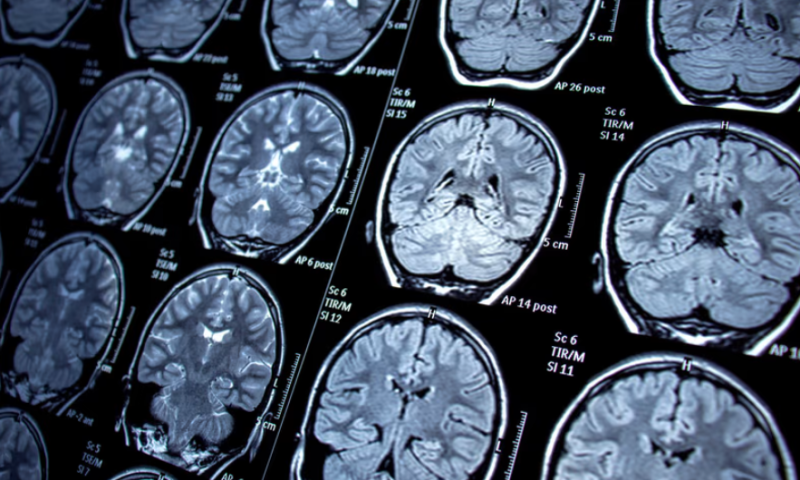For people who haven’t seen improvements in their symptoms of major depressive disorder with regimens of traditional antidepressants, there is now a new technology to intercede for them.
The FDA gave its blessing to the Saint system from Magnus Medical, which uses patient scans to direct neurostimulation therapy to the area of the brain where it may be most effective.
With the 510(k) clearance from the agency, Magnus will aim to begin rolling out the system “later in 2023 on a limited basis,” according to co-founder and CEO Brett Wingeier, Ph.D. The company has already begun building a waitlist for that rollout, comprising teaching institutions, hospitals, clinics and clinicians, Wingeier added in Tuesday’s announcement.
Treatment with the Saint system begins with a brain MRI. Magnus’ algorithm takes in the scan and pinpoints specific areas estimated to be the most receptive to neurostimulation. That noninvasive transcranial magnetic stimulation is then directed toward the highlighted areas, with an aim of modulating the brain signals associated with depression symptoms.
Study results published last fall in the American Journal of Psychiatry showed that 79% of people with treatment-resistant depression who were assigned to use the Saint system experienced remission from their symptoms, compared to only 13% of those who received a sham treatment.
And those results may arrive much more quickly than broader neuromodulation approaches, which can take up to six weeks to begin easing depression symptoms. The Saint technology, meanwhile, has been shown to send users into remission within just five days—with lasting effects. In the 2021 study, four weeks after the treatment period, those in the experimental group reported an average reduction of 52.5% on a depression rating scale, compared to a drop of about 11% in the sham group.
The system previously received the FDA’s breakthrough-device designation, which cleared away some hurdles from the technology’s path to the regulatory promised land and the agency’s green light. Next up, Wingeier said Magnus is exploring how its personalized approach to neuromodulation could be applied to other mental health conditions beyond depression.
Magnus’ tech isn’t the only depression-targeting neurostimulation system to be beatified by the FDA in recent weeks. At the end of August, BrainsWay announced that its deep transcranial magnetic stimulation headset had received a second agency clearance, allowing it to send electrical pulses to either of two areas of the brain to treat both major depressive disorder and anxious depression.
A month earlier, Abbott reeled in a breakthrough-device designation for its own depression-focused neurostimulator, which emits electrical pulses personalized to each patient and remotely controlled using the company’s NeuroSphere Virtual Clinic technology.

